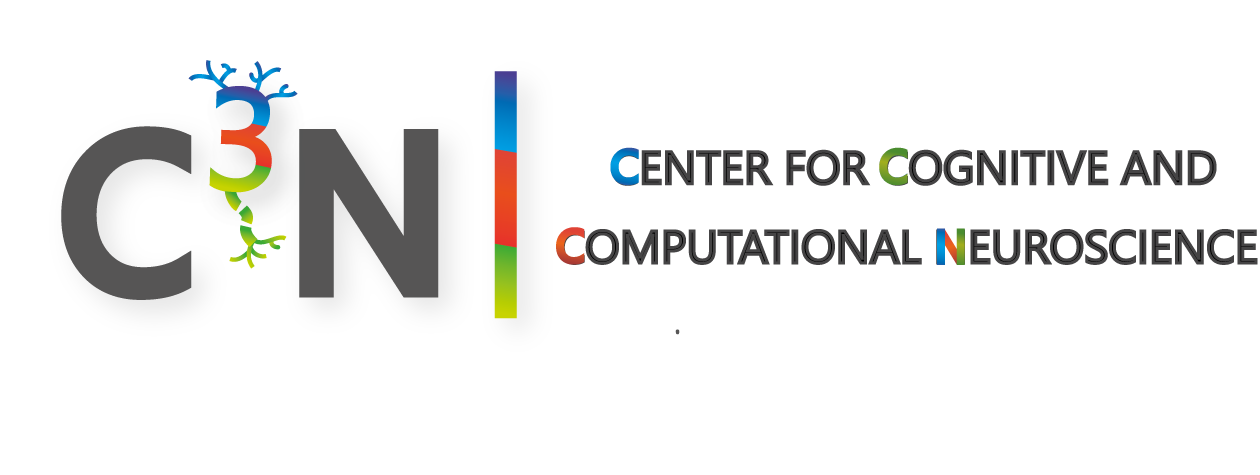Research team
Successful aging
The main objective of this line of research is to characterize successful aging from a multifactorial perspective, in order to identify the factors that have the greatest impact on achieving optimal cognitive, physical, social, and emotional functioning during old age.
The increase in life expectancy makes it essential to study the factors that allow people to reach advanced ages in the absence of pathology. Although aging is often associated with an increased risk of disease and with both physical and cognitive decline, it is also possible to maximize functional capacities to promote independence and enhance quality of life in old age. The concept of successful aging refers to maintaining an optimal level of functioning from a physical, cognitive, social, and emotional perspective, and depends on a variety of factors. Therefore, approaching its study from a multifactorial perspective is key to both its understanding and its promotion.
This line of research will characterize successful aging in people over 80 years of age from a multifactorial perspective, including: 1) anatomical and functional measures using neuroimaging techniques such as magnetic resonance imaging and electroencephalography; 2) cognitive assessments using neuropsychological tests; 3) cognitive reserve, related to years of education or occupation; 4) psychological aspects, such as emotional well-being, purpose in life, or resilience; 5) biological factors, such as the whole genome, blood biomarkers, or gut microbiota; 6) social elements, including perceived support or loneliness; 7) lifestyle habits, including diet, sleep, or physical activity; 8) functionality, related to frailty or independence; and 9) subjective experiences of aging through individual and group interviews. In addition, the participants involved are monitored annually to reevaluate most of these factors, which will allow for a deeper understanding of the keys to successful aging.
Main publications
- Jaisalmer de Frutos-Lucas*, David López- Sanz*, Pablo Cuesta, Ricardo Bruña, Sofía de la Fuente, Noelia Serrano, María Eugenia López, María Luisa Delgado, Ramón López Higes, Alberto Marcos, Fernando Maestú (2019). Enhancement of Posterior Brain Functional Networks in Bilingual Older Adults. Bilingualism: Language and Cognition, 23 (2): 387 – 400. DOI: 10.1017/S1366728919000178.
- Inmaculada C. Rodríguez-Rojo*, Pablo Cuesta*, María Eugenia López, Jaisalmer de Frutos-Lucas, Ricardo Bruña, Ernesto Pereda, Ana Barabash, Pedro Montejo, Alberto Marcos, Alberto Fernández, Ramón López, Fernando Maestú (2018).BDNF Val66Met polymorphism and gamma band disruption in resting state brain functional connectivity: A Magnetoencephalography study in cognitively intact older females. Frontiers in Neuroscience, 684 (12): 1-10. doi: 10.3389/fnins.2018.00684.
- María Eugenia López, Agustín Turrero, María Luisa Delgado, Inmaculada Concepción Rodríguez-Rojo, Juan Arrazola, Ana Barabash, Fernando Maestú, Alberto Fernández (2017). APOE Ɛ4 genotype and cognitive reserve effects on the cognitive functioning of healthy elders. Dementia and Geriatric Cognitive Disorders. 44 (5-6): 328-342. doi: 10.1159/000481852.
- María Eugenia López*; Sara Aurtenetxe*; Ernesto Pereda; Pablo Cuesta; Nazareth P Castellanos; Ricardo Bruña; Guiomar Niso; Fernando Maestú; Ricardo Bajo (2014). Cognitive reserve is associated with the functional organization of brain networks in healthy aging: A MEG Study. Frontiers in Aging Neuroscience. 6 – 125, pp. 1 – 9. doi: 10.3389/fnagi.2014.00125.


